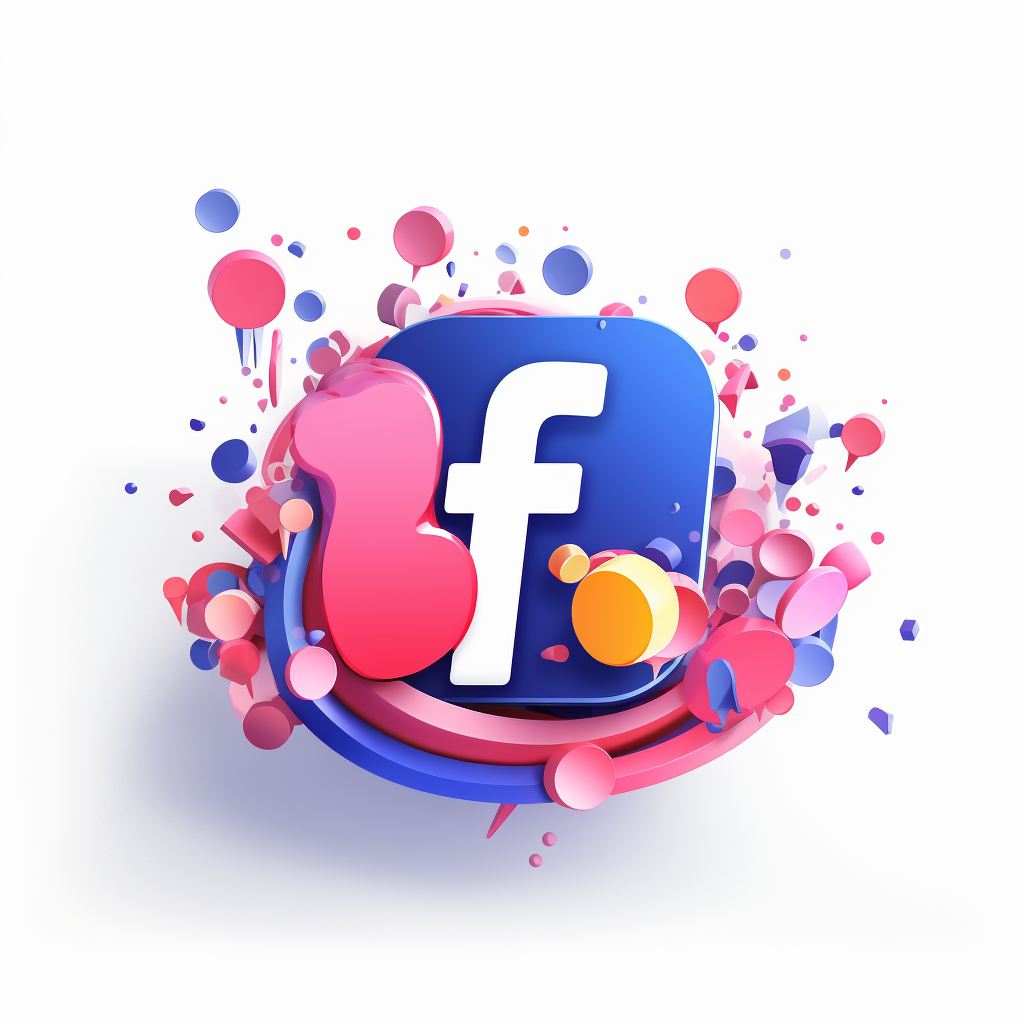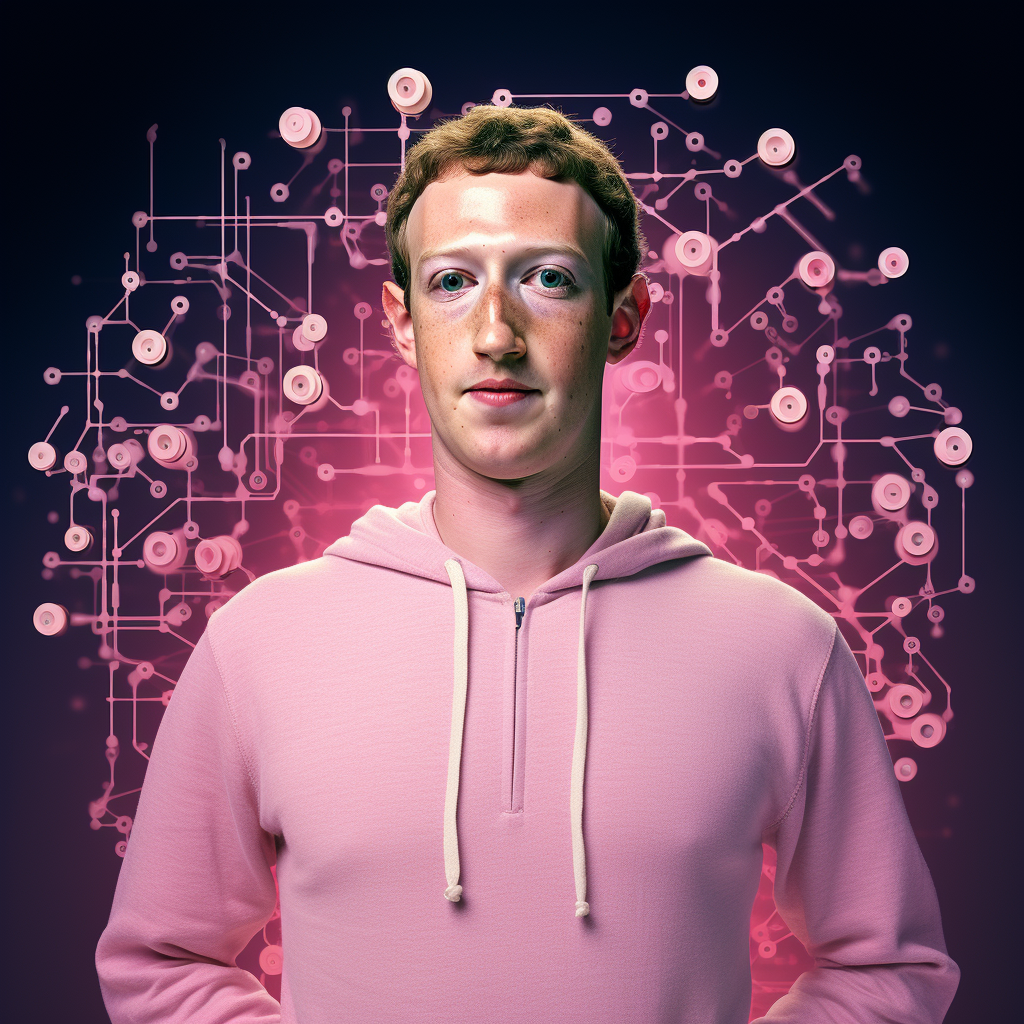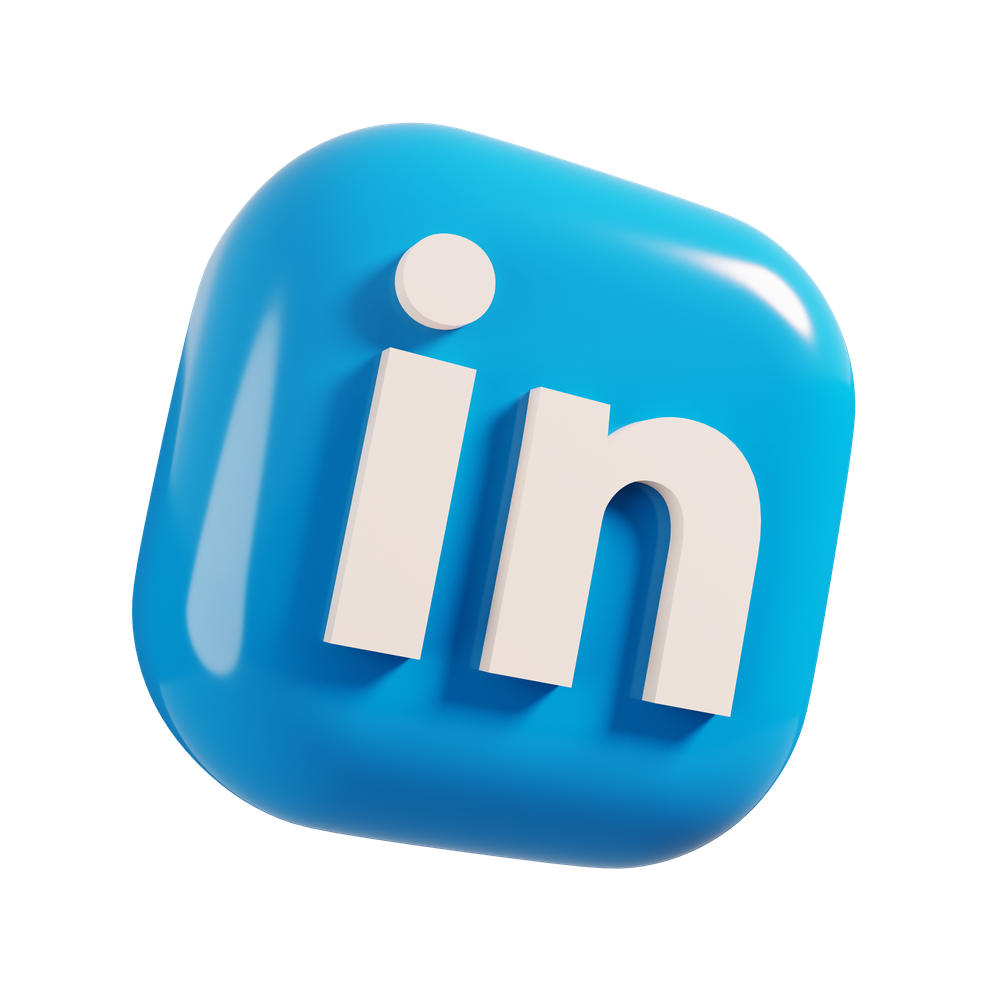Social Media Marketing
1. In the halcyon days of traditional marketing, the idea of using social media channels to engage people directly wasn’t even a dream in most marketers’ heads. The majority of marketing campaigns were a one-way street, with billboards, print media, and TV and radio ads all sending messages out into the world with no way for the world to respond but through its collective wallet.
2. The rise of digital marketing changed all of that, with social media networks transforming from places where people could connect with their friends into powerful marketing platforms.
3. And those platforms (at least when you get this aspect of online marketing right) deliver amazing results, which is why so many companies are starting to work with social media marketers.


WHAT IS A SOCIAL MEDIA MARKETING STRATEGY?
For many businesses (particularly those that don’t leverage social channels as well as they could), coming up with social media marketing strategies can feel like a chore. You have to deal with these “always on” platforms that give potential customers 24/7 access to your business so they can research, write about, share, and even complain about your company.
Sure, it’s great to have multiple platforms on which to share your message. But with so many platforms to choose from (and different social media strategies for each), you might feel like you’re trying to keep a dozen plates spinning with both hands tied behind your back.
Thankfully, social media marketing isn’t as complicated as it first appears as long as you know how to focus your digital marketing efforts in the right direction. That means less aimless posting where you put something (anything!) up on your profiles to grab the attention of social media users. Instead, your marketing efforts boil down to four key actions, which combine to help you create great social media campaigns and, as importantly, manage those campaigns for ongoing social media success.
DIGGING INTO THE SOCIAL MEDIA PLATFORMS
When it comes to pure numbers, Facebook is the clear leader of the pack. Almost two-thirds of Americans over the age of 12 (63%) have Facebook profiles, with a staggering 28.5% of the world’s population using the platform. If we run some numbers, the world’s population is currently about 8.029 billion (according to Worldometers), so doing some quick math tells us that about 2.288 billion people are on Facebook.
Better yet, there are more youngsters using the platform than you might realize, as these stats highlight that just over half of American teenagers (51%) have Facebook accounts.




Firstly, 43% of Twitter users say that they actively share information about the brands they follow, though this can be a double-edged sword as users are just as likely to share bad news as they are good news.
Exactly a third (33%) say that they use Twitter to share their opinions about brands, with about the same amount (32%) saying they use the platform to recommend stuff that they love. Best of all, 37% of Twitter followers say they’ve bought (or would buy) products from the brands they follow.
There’s also a sneaky stat hiding in the text of this image – Twitter users are three times more likely to follow a brand on Twitter than Facebook users are to follow that same brand on Facebook.
Hootsuite’s stats show us that 27.4% of Instagram’s advertising audience is comprised of women aged 18-34, with a further 33.6% being men who fall into the same age bracket. Moreover, that means that 61% of Instagram’s audience is in the 18-34 demographic, making it clear that it is the social media marketing platform of choice for companies that market to millennials and the upcoming Generation Z demographics.
As an aside, Instagram is one of the main home bases for today’s influencers, meaning those who want to leverage the power of persuasion through people to appeal to an audience need to get on the platform.




TikTok
According to this survey, about a third of TikTok LIVE users (TikTok LIVE being a way for brands to share videos in real-time) believe that it’s the best way to forge connections between brands and their customers. But the real headline here is that 50% of people who use TikTok have bought a project after watching a TikTok LIVE video that promotes said product.
Combine the power of LIVE videos with the fact that a new generation of influencers is coming up on TikTok, and you have a platform that’s ideal for companies that sell lifestyle products and those that have the flexibility to advertise in real-time.
The headline stat here is that 93% of B2B marketers count LinkedIn as their most effective social channel for lead generation, which is buoyed by the fact that 80% of LinkedIn users connect with brands on the platform to help them make decisions. What’s more, half of users say they’re more likely to buy from a company after they’ve used LinkedIn to engage directly.
And for the B2C companies out there, LinkedIn isn’t just a B2B platform, as over half (51%) of B2C companies say they’ve acquired customers using LinkedIn.




YouTube
They highlight that YouTube’s two fastest-growing demographics are Generation X (aged between 36 and 49) and Baby Boomers (people aged 50 to 65). The percentage figures also shed some light on why these older demographics are embracing a platform that used to be the domain of youngsters. Over two-thirds (68%) use YouTube for their news, and nearly three-quarters (73%) use it for how-to content. Combine those uses with the nostalgia factor (75% say they love YouTube because it lets them enjoy times gone by), and you have a platform that’s as effective in reaching older generations as it is current ones.
This isn’t to say that YouTube is no good if you have a younger audience, as the platform’s viewership still skews younger. It’s also home to “YouTubers,” the proto-influencers who are perfectly positioned to offer sponsored content that advertises your brand to their viewers.



